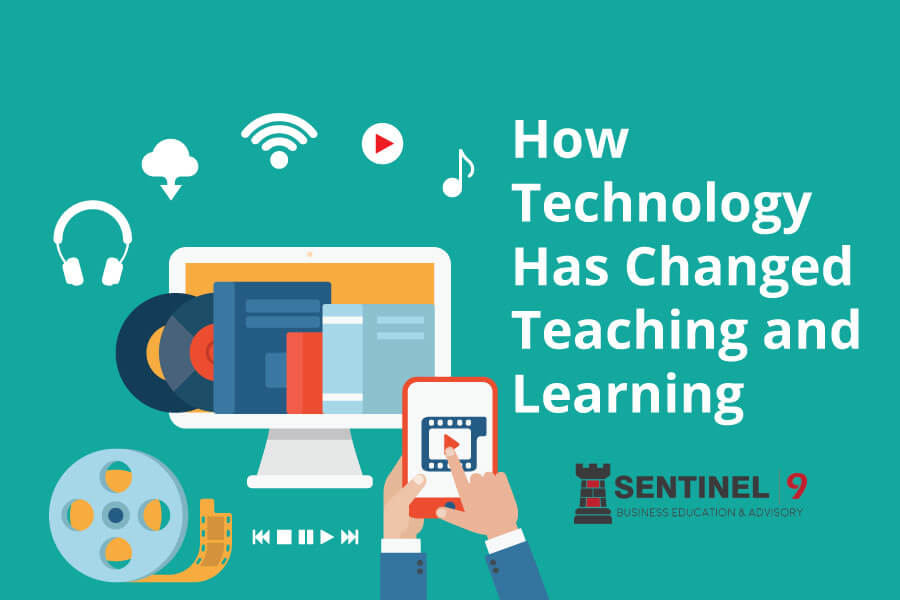
People empower people. Teachers empower students to follow their passions. To be creative, productive people, and to learn new things that they never knew they could learn. But the role of the teacher in the 21st century has changed, in the same way, that our technology and the way that we relate to each other have changed. When your goal is to transform learning environments from the classroom to online learning, one of the biggest challenges is finding the humanity behind the machine. Both teachers and students need to adapt to the many changes in the world of education.
How Has Technology Transformed the Role of a Teacher?
Technology allows teachers to upgrade their knowledge about a matter faster through online courses or YouTube channels. This means that teachers can continually upgrade their knowledge and offer up-to-date information to their students with no need to stop working.
Technology allows teachers to discover solutions to problems collaboratively. They can join communities of experts, share their knowledge and give an answer to their students about almost everything without delay.
Technology allows teachers to use search engines to find examples to enrich the content of their lessons, foster students’ interest in a subject, and increase their engagement with their matter. As this method is quick and free, is possible to try something and, if that doesn’t work, then try something else.
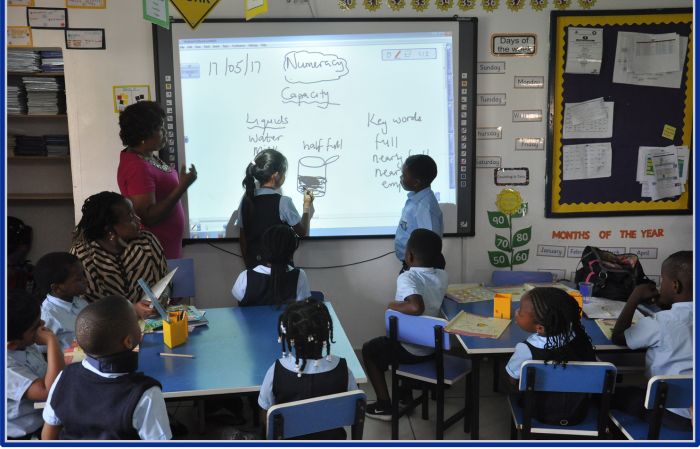
As students can also use search engines, the teacher can push them to be active learners and foster in them the thirst for discovery and knowledge. Today teachers can raise the importance of student ideas and recognize that they are central to the learning experience of the group of study.
When educators will move their teaching methods from teacher-centered to student-centered, from talk and show to inquiry, they will be able to leverage each student’s abilities, interests, and learning styles.
READ MORE: Why is it Important to Use Technology in Education?
How Has Technology Transformed the Role of a Student?
The role of the student has changed as well. Students are now the owners of their own journey, and it is easy for them to forget about the human community behind digital technologies. It is important, in online learning, to keep the human component. This is achieved through live webinars or group work in class. And, of course, student skills have evolved. Now, students are required to have some technological skills prior to starting their course, ensuring they will be able to follow along without any problems.
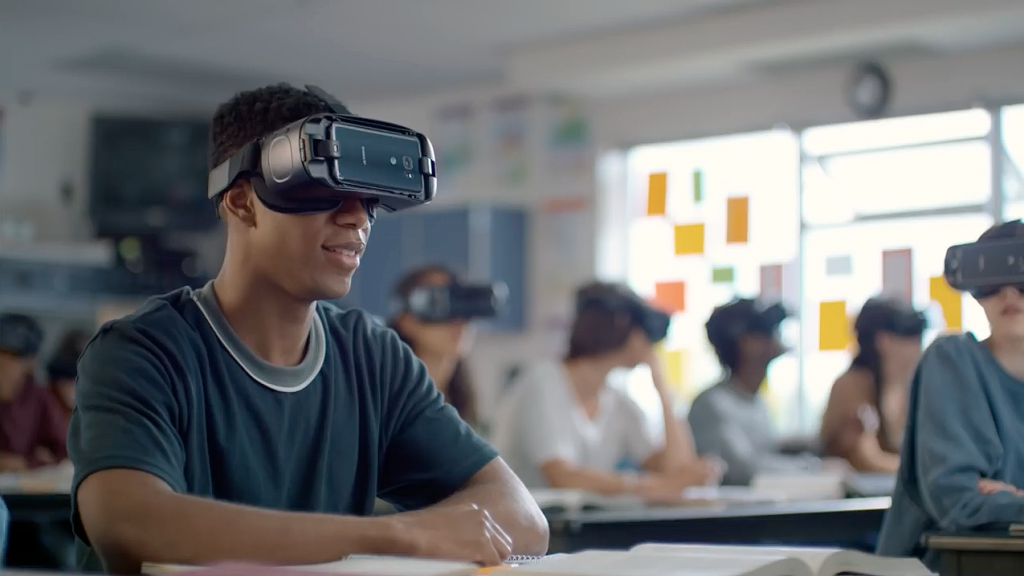
Students need basic knowledge on keeping safe and secure online. What must a student do to keep themselves safe when learning online? How can they ensure their privacy and what achievements can be made on the online platform? These are all questions that both teachers and students need to consider. We can already see the results of online education. Everyone knows someone close to them that has studied online, either in part or fully.
What is the Future of the Teaching Profession?
In a student-centered classroom, students receive tips from the teacher then they freely choose their sources, tools, devices, and format and in what theme go in-depth. At the same time students are forced to be active, responsible and participants in their learning. On the other side, they can experience difficulties to establish what is wrong and what is right and if the sources they stumble upon are authentic and trustworthy. That is why the teacher needs to become a mentor contextualizing information and guiding students in the practical application of the information they found.
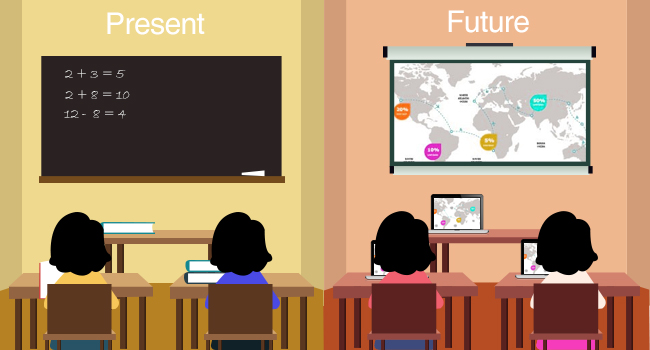
Technological progress and the adoption of artificial intelligence have a growing trend. Students’ use of the internet to find the contents of their studies has a growing trend too. We can say that as a consequence of these factors, soon students will stop using books also in digital format. Students of the future will switch from text to video format to grow their knowledge about a matter. Libraries will become students meeting points with no books on the shelves.
Online Learning Technology
Until a few years ago, the teacher held the position of authoritative power in a classroom, he was the only holder of knowledge among its walls, and communication between student and educator was one-way. Students that memorized information and demonstrate understanding of taught concepts, were rewarded with grades. Today teachers are learning with their students through co-learning, sharing, and collaboration. They are content producers and content consumers at the same time thanks to a simple click of the mouse, or to a YouTube channel accessible on their smartphones from everywhere. In this context, the walls of a classroom are no longer a knowledge container but rather a limit.
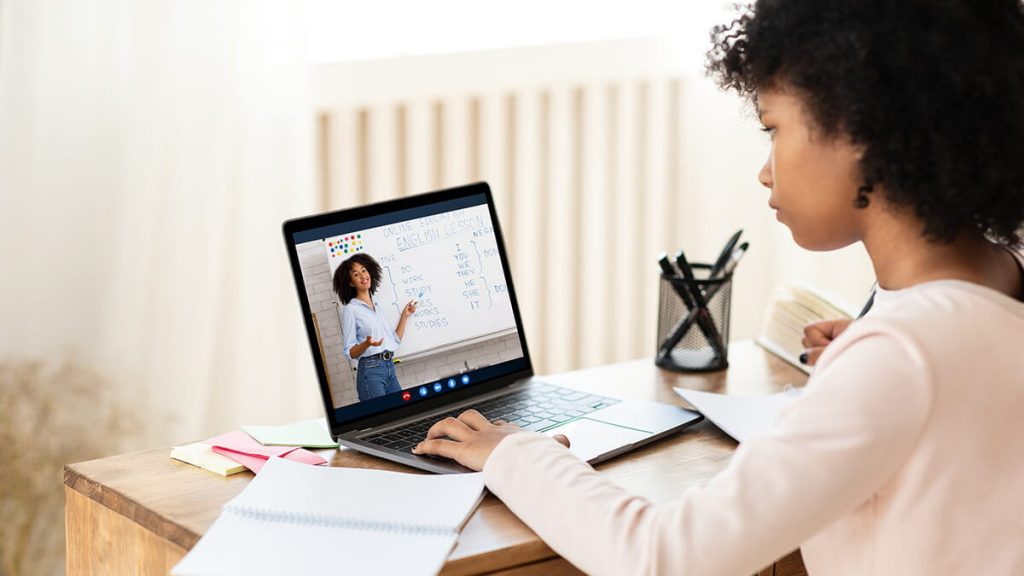
The added benefits of online learning, such as familiarity and comfort with technology and improved communication skills, as well as the new roles that students and teachers undertake in online education, will push online learning to the forefront of education in the next future, making quality education accessible to all interested students.
Our students now collaborate with people around the world, so it is important that, as the system changes, education providers and students learn how to be productive, how to keep information and protect it, how to communicate effectively and how to be a positive influence in an increasingly connected world.